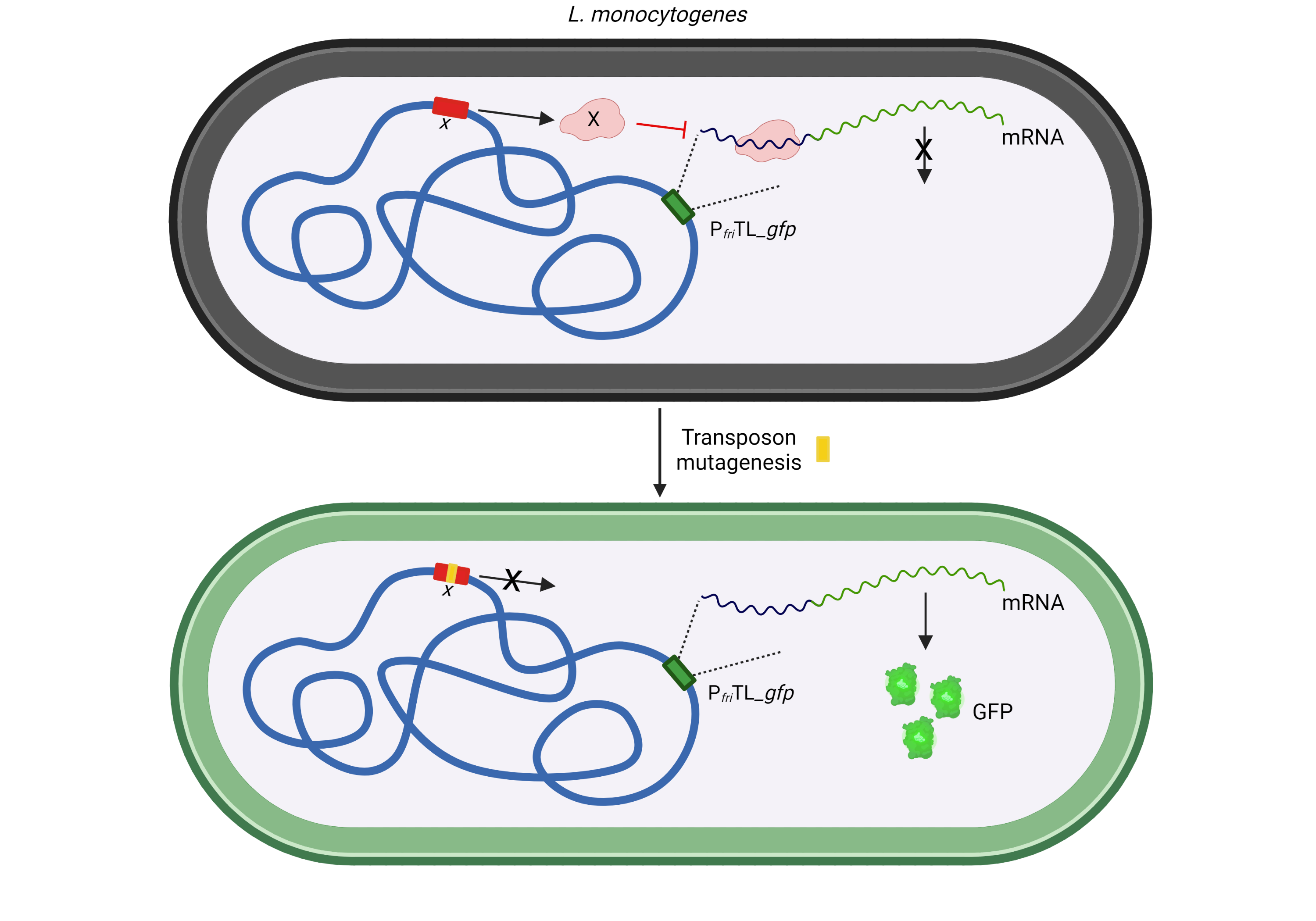Post-transcriptional regulation of gene expression in Listeria monocytogenes

23 11 2022
Category: IM Seminar
You are invited to the institute seminar – MSc Patrycja Gomza from the Department of Molecular Microbiology will present a seminar on „Identification and characterization of unknown mechanisms of post-transcriptional regulation of gene expression in Listeria monocytogenes”.
The seminar will take place on 28th of November at 14:00 in room 102B.
Abstract:
Listeria monocytogenes is an intracellular, Gram-positive human pathogen responsible for foodborne infections known as listerioses. The bacterium is well known for its adaptability to live in a wide range of different niches, as well as its ability to adapt to stress. One of the L. monocytogenes proteins that plays an important role in the stress response is the ferritin-like protein (Fri). The Fri protein of the bacterium L. monocytogenes contributes to virulence and plays a role in protection against many stress factors, including iron deficiency. Existing data indicate that expression of the fri gene of L. monocytogenes is subject to negative post-transcriptional regulation, the mechanism of which remains unknown. An extremely important role in the adaptation of this bacterium to life under unfavorable conditions is played by the SOS system, which is responsible for the removal of damage to DNA resulting from various stress factors. There are indications that the RNA chaperone protein Hfq is involved in the control of gene expression of the SOS system, but the mechanism of this post-transcriptional regulation has not yet been elucidated.
Based on the observation that fri mRNA, despite repression of translation, is present in abundance in L. monocytogenes cells, we hypothesized that fri mRNA interacts with with a previously unknown RNA-binding protein in L. monocytogenes. In the area of research on identifying unknown mechanisms of post-transcriptional regulation of L. monocytogenes gene expression, another hypothesis is that the Hfq chaperone plays a key role in regulating gene expression of the SOS system.
